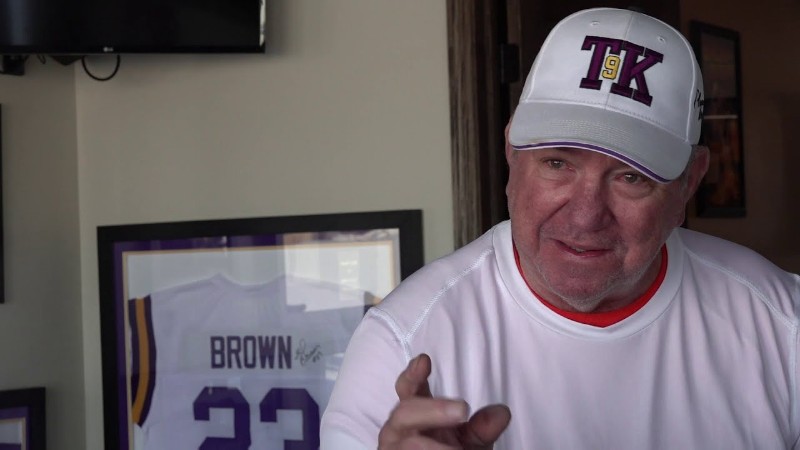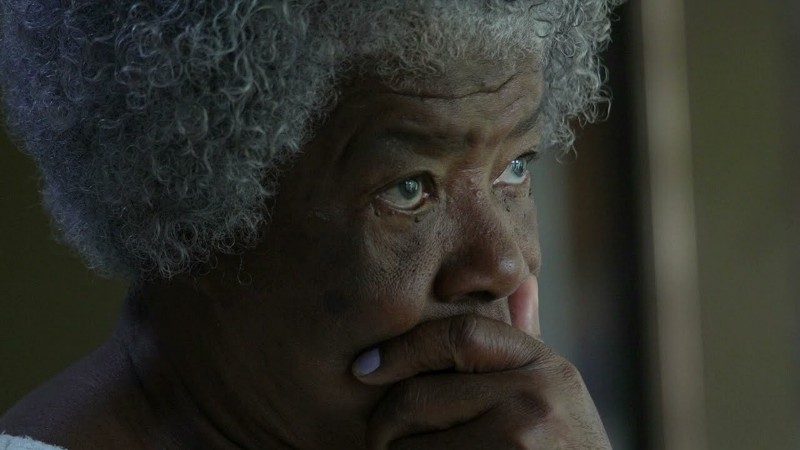Tommy Kramer, a former quarterback for the Minnesota Vikings, has revealed that he was diagnosed with dementia just over a year ago. Inspired by fellow NFL legend Brett Favre’s recent disclosure of his Parkinson’s disease diagnosis, Kramer felt compelled to share his own health journey. The 69-year-old announced his condition on social media, expressing gratitude for his life and the support he’s received.
Key Takeaways
Former Vikings quarterback Tommy Kramer opens up about his dementia diagnosis, inspired by fellow NFL legend Brett Favre’s recent disclosure of his Parkinson’s disease.
- Tommy Kramer was diagnosed with dementia during a senior health & wellness program for former players at the Cleveland Clinic and has been sober for almost a year to manage his condition.
- Kramer’s decision to disclose his diagnosis was influenced by Brett Favre’s recent announcement, highlighting the camaraderie among former players navigating their health challenges.
- The former quarterback hopes that sharing his experience will raise awareness about the need for better support for retired players dealing with health issues and advocate for improved healthcare support from the NFL.
A diagnosis in the spotlight
Kramer, who played 13 of his 14 NFL seasons with the Vikings, was formally diagnosed with dementia during a senior health & wellness program for former players at the Cleveland Clinic. In his announcement, Kramer wrote, “Doctors say I could have anywhere from 2 to 10 years, but I just had my one-year checkup, and it hasn’t advanced. I’ve also been sober for almost a year now, which will definitely help.” To manage his condition more effectively, Kramer has also stopped drinking alcohol.
Despite the seriousness of his diagnosis, Kramer conveyed a strong resolve to maintain a positive outlook. “Please, no sympathy. I’ve lived a great life and wouldn’t change a thing,” he stated. “Nobody wanted to win more than me, and I never gave up. That’s exactly how I’m going to battle this.” His determination reflects a resilient spirit, one that has been a hallmark of his character throughout his career.
A candid announcement
Kramer’s decision to disclose his condition was directly influenced by Favre’s recent disclosure during a congressional hearing. “With Brett Favre’s announcement yesterday, I feel it’s best I let everyone know that I was diagnosed with dementia just over a year ago,” Kramer mentioned.
With Brett Favre announcement yesterday, I feel it’s best I let everyone know that I was diagnosed with dementia just over a year ago at the NFL Cleveland Clinic.
Dr’s say I could have anywhere from 2 to 10 years, just had my year check up and it hasn’t advanced and I’ve been…— Tommy Kramer (@Kramer9Tommy) September 25, 2024
Favre, 54, had revealed his Parkinson’s diagnosis the day before, expressing gratitude for the support of his family and friends. “It’s been an ordeal,” he stated, emphasizing the importance of the platform he had to discuss his health. Kramer’s acknowledgment of his diagnosis parallels Favre’s journey, showcasing the camaraderie among former players navigating their health challenges.
“Two-Minute Tommy” and his legendary NFL career
Kramer gained a reputation as one of the league’s most dependable quarterbacks, especially in high-pressure situations. Drafted in the first round out of Rice University in 1977, the San Antonio native quickly distinguished himself with his remarkable late-game performances, earning the affectionate nickname “Two-Minute Tommy,” which contributed to his enduring legacy in the sport.
One of his most iconic moments came in 1980 during a game against the Cleveland Browns when Kramer threw a 46-yard Hail Mary pass that was tipped and caught with one hand by Ahmad Rashad. This unforgettable play secured a comeback victory and clinched a division title for Minnesota. Kramer passed for an impressive 456 yards and four touchdowns in that game, solidifying his status as a Vikings legend.
Raising awareness for former players
In addition to sharing his health journey, Kramer highlighted the struggles that many former professional players face, particularly regarding their health care. “Financially, I’m fine, but I know there are players out there who I played with that need all the help they can get,” he noted. Kramer expressed hope that by sharing his experience, he could raise awareness about the need for better support for retired players dealing with health issues.
He voiced concern about the NFL’s limitations in assisting with medical bills and therapy costs, wishing for greater help for those in need. His desire to advocate for former players echoes the ongoing discussions within the league about improving healthcare support for its alumni.
Tommy Kramer’s journey serves as a reminder of the ongoing challenges many former athletes face. His willingness to share his story is not just about his battle but about the need for increased awareness and support for those dealing with similar issues in the sports community.


